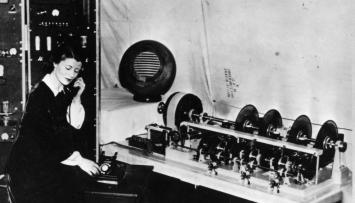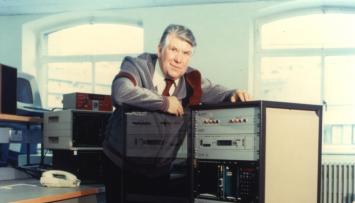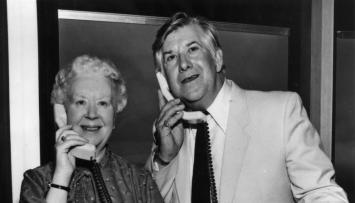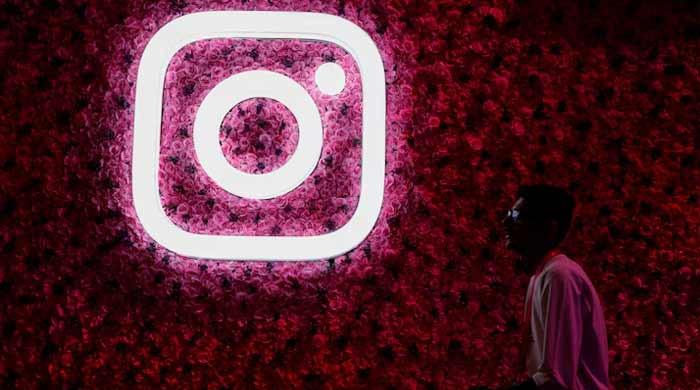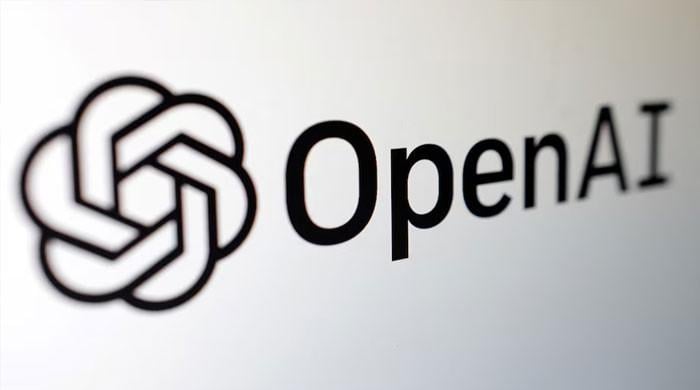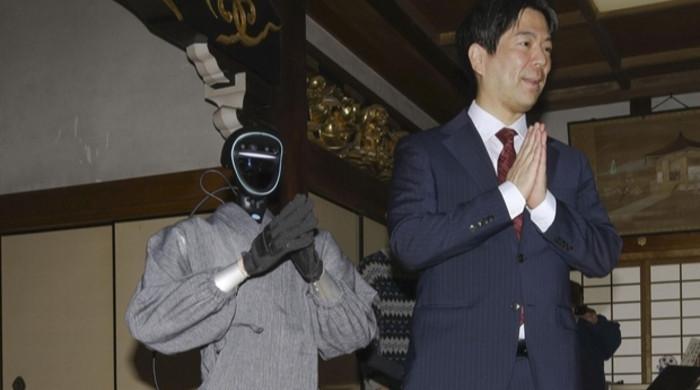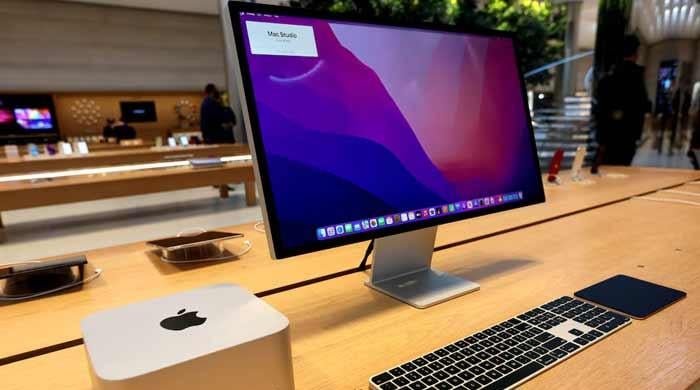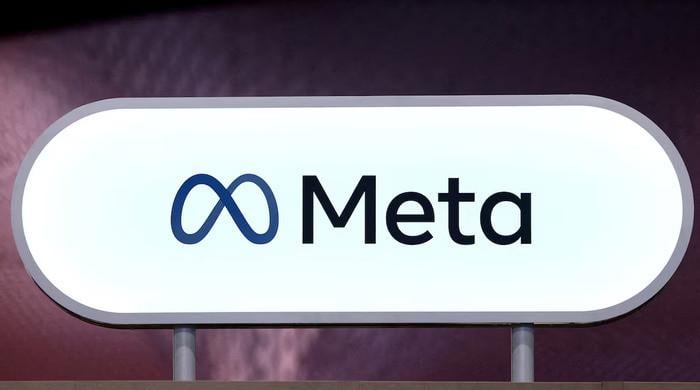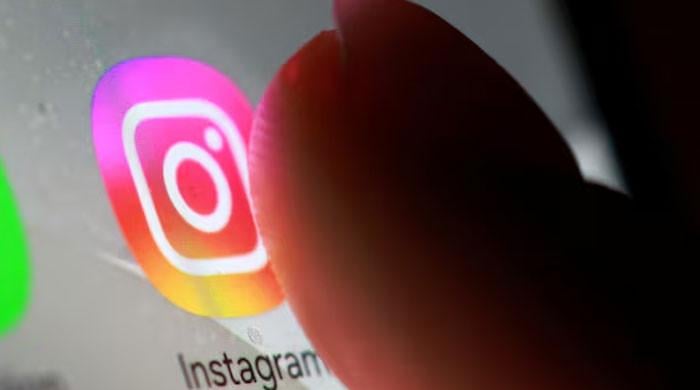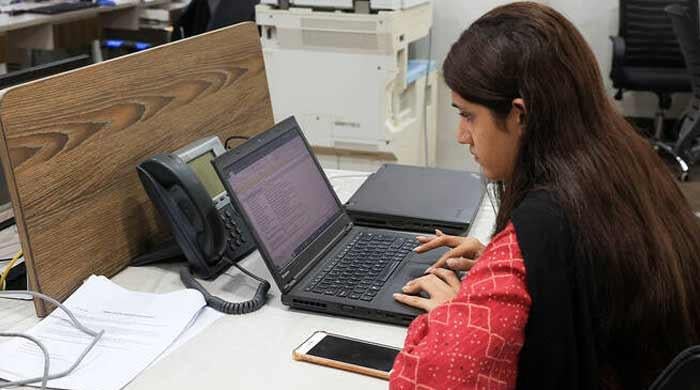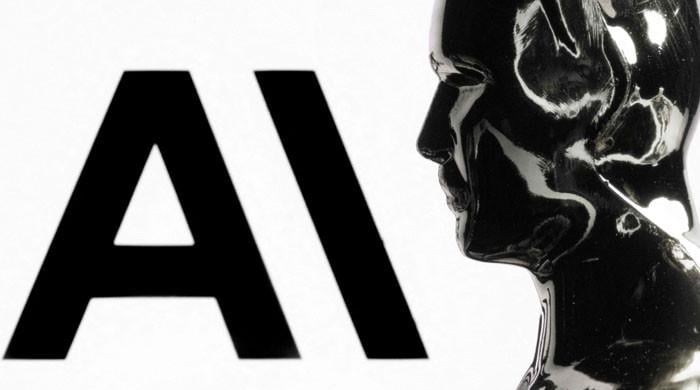BT Speaking Clock gets a new voice at 80
In an age when the wrist-watch and time-piece has been replaced by the clock on mobile phones the ‘speaking clock’ service offered by fixed line telecom providers might sound...
November 10, 2016
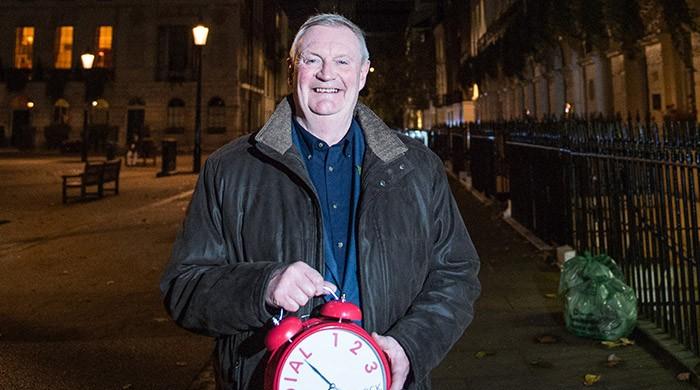
In an age when the wrist-watch and time-piece has been replaced by the clock on mobile phones the ‘speaking clock’ service offered by fixed line telecom providers might sound pointless to many. In an era before mobile phones the speaking clock was for people who wanted to know the time but did not have a watch or clock to hand.
Today the speaking clock in UK still ends up getting over 12 million calls a year. People dial 123 to hear the speaking clock on Remembrance Day, New Year’s Eve or when the clocks go forward or backward by an hour.
The BT Speaking Clock was launched on 24th July 1936 serving the London area and in 1942 the service went nationwide. In the last 80 years has seen 4 permanent voices, Jane Cain (1936-1963), Pat Simmons (1963-1985), Brian Cobby (1985-2007) and Sara Mendes da Costa (2007-2016).
To celebrate 80 years of the Speaking Clock service, BT held a nationwide competition to select the new voice and after a tough competition Alan Steadman, a 69-year-old retired civil servant from Dundee came out as the winner.
Steadman the fifth permanent voice and it is the first time that a Scottish voice has become the permanent voice.
Part of the judging panel the outgoing voice of BT’s Speaking Clock, Sara Mendes da Costa said, “I’m honoured to have been the voice of the BT Speaking Clock,” and while she expressed sadness that her time has come to an end she was happy to have been able to choose the new voice.
“It was great to be on the judging panel to choose Alan as the new voice, just as my predecessor Brian Cobby helped choose me.”
The Speaking Clock through the years
The BT Speaking Clock was designed and constructed at the Post Office Engineering Research Station at Dollis Hill in North London. The time announcements were automatically co-ordinated on the hour with Greenwich meantime signals.
At the time, In order to access the service, subscribers would dial the first three letters of the word “time” as dials at the time included letters as well as numbers to aid automatic calls. Dialling T. I. M. led to its common name “TIM”.
The Service received nearly 13 million calls in its first year of service and continues to average 12 million calls every year. Calls to the BT Speaking Clock are charged at 45p per minute from BT landlines.
